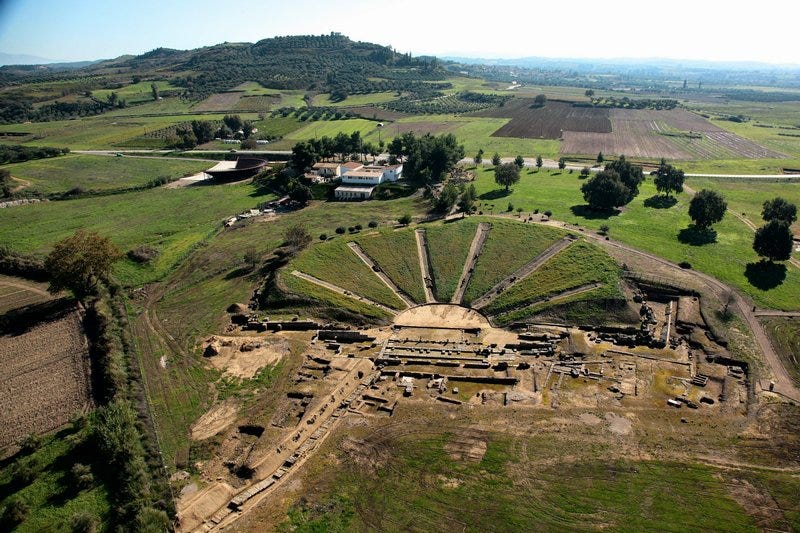Agnosticism [second entry in the taphonomy of worlding]
As inspired by Raymond Williams 'Keywords: A Vocabulary of Culture and Society'
Agnosticism as a method, in its practice, becomes a ritual where its routine nature becomes hallowed. This is true of many rituals, but for agnosticism it is a painful burden to bear, when the method is forgotten in the scramble for market recognition.
Sacredness is a marketplace ideal, too full of itself. Forgets what it is to be hallowed out. Old and nearly gone.
When intentional stances like dogma and identity arise in society, then what previously went by as simply those routines we live by, become banners and accusations. Tradition is forced into politics, despite itself, not left to fade into respect or honour.
By this history an ancient unspoken ‘agnosticism’ is first named and relegated as a johnny-come-lately, the new chum, as the varieties of dogma and identity latterly shout their names, and corral tradition for rebranding. ‘This is a sin, and this is a heresy.’
Agnosticism is then, lately, defined in relation to belief, and not with reference to a kind tradition of local support and dialogue. See Pyrrho of Elis (BCE 360 – c. 270) a skeptic who came from a family of priests, and a time when belief was not required. When morality, in its time and town, consisted of behaviour and belonging, routine as ritual, and not the narcissistic mind-games of self-improvement mind-police. When the day was lived.
It is this latter finger-pointing feature of soul-based religiosity, where in seeking a proud demonlogy, which both Fideistic and obedience-as-a-virtue forms of religiosity use to restrict the movement of agnosticism (and worlding generally) in regard, in comparison to its own beliefs as the only standards or measures, and by this assumption promote its frameworks as a worldview.
Agnosticism is not possible without beliefs they say. But beliefs are the new thing, I claim.
I say, not only is agnosticism an intentional stance that refuses intentional stances, as its restrictors would have it, but it is also the older understood kindness of tradition as a way of life, embedded in its history, without the constant hectoring and screaming that should be reserved for funerals and childbirth.
Things that actually matter.
Exercise: define the practice of agnosticism without using soul-based terminologies like belief, believing, dogma etc.Prior to belief-based worldbuilding, the agnostic had no name, yet live free and undiagnosed. However, with a name, a diagnosis, if we grasp the nettle, its practice today may remind us that the first minds stood their stances, with commitment as an option, not an empire.




